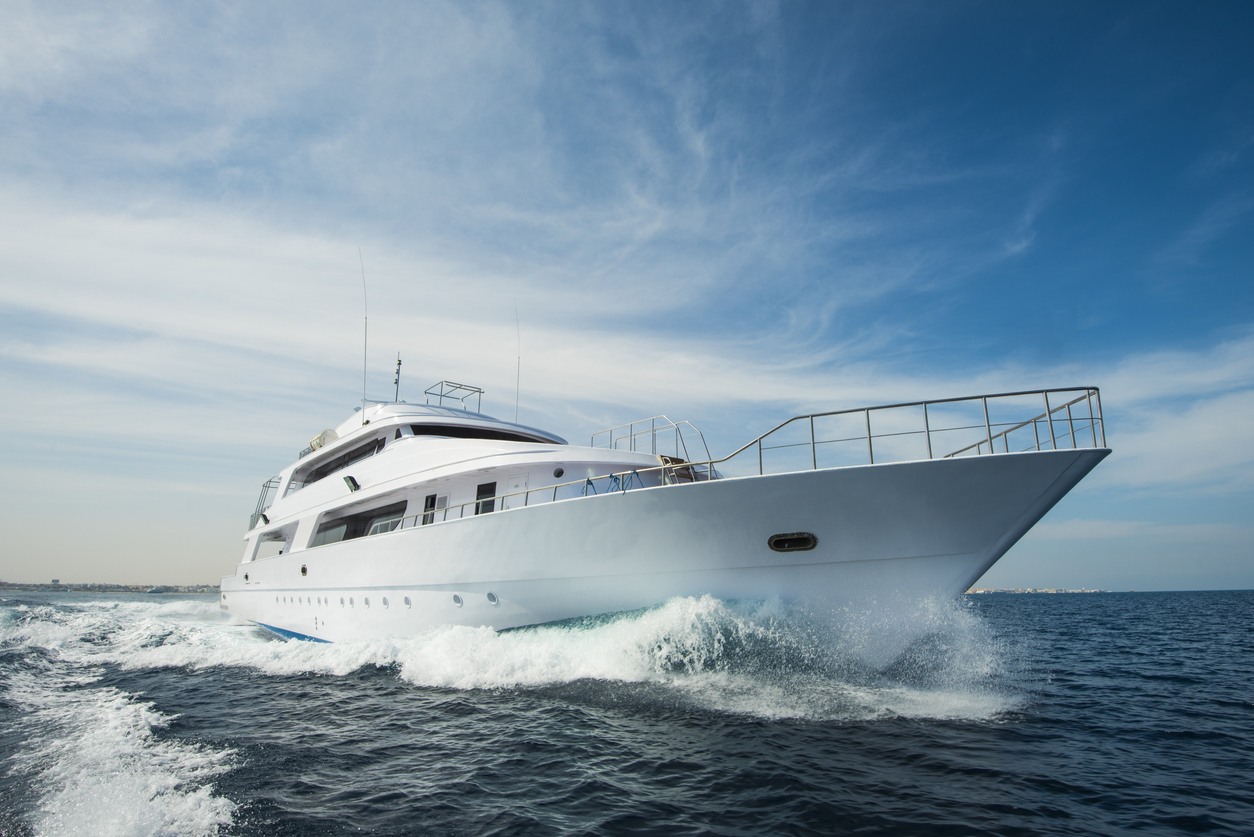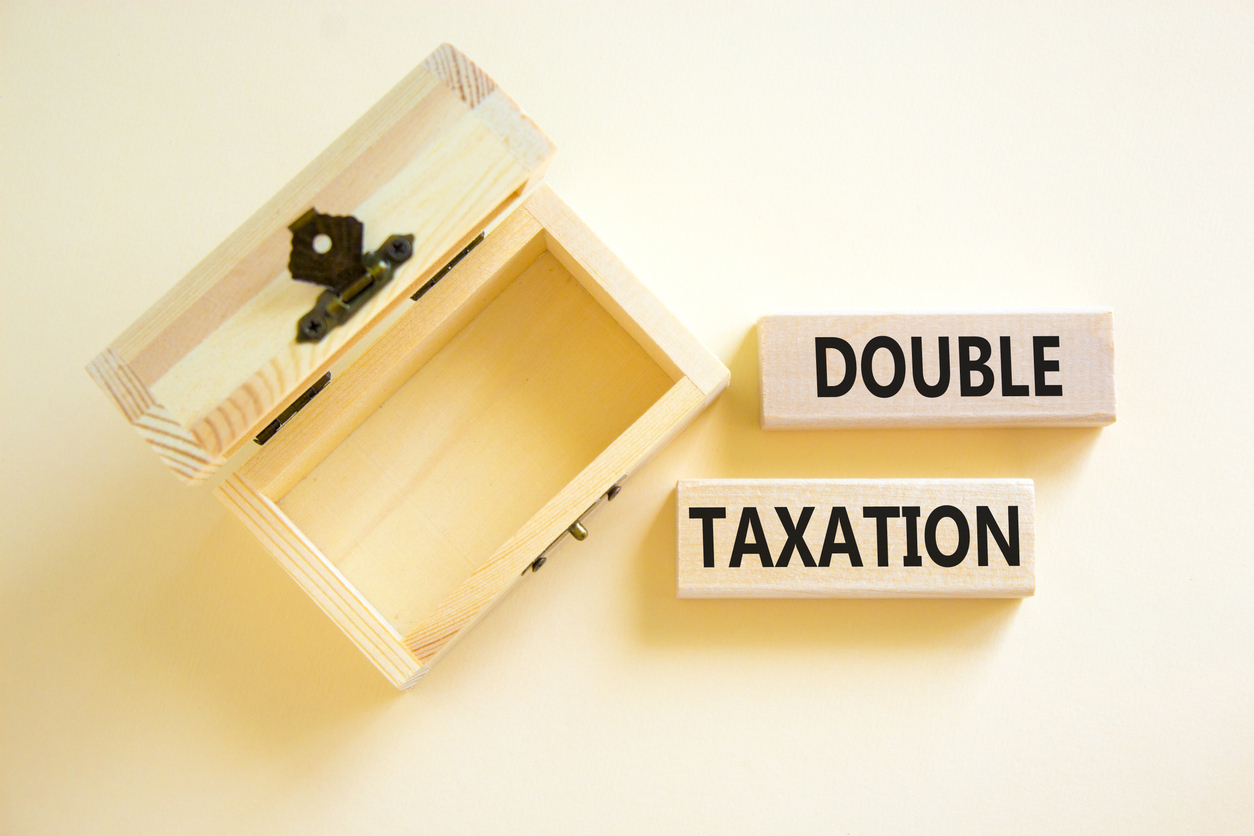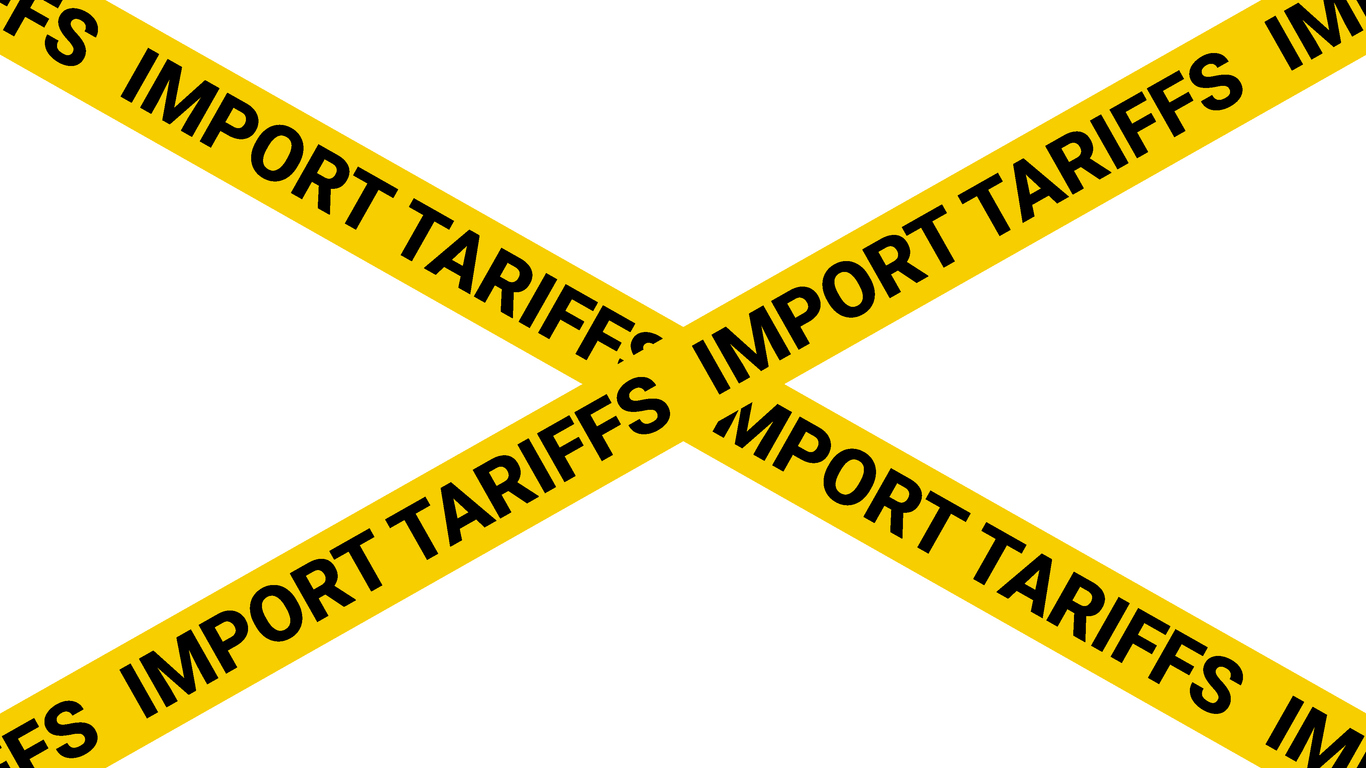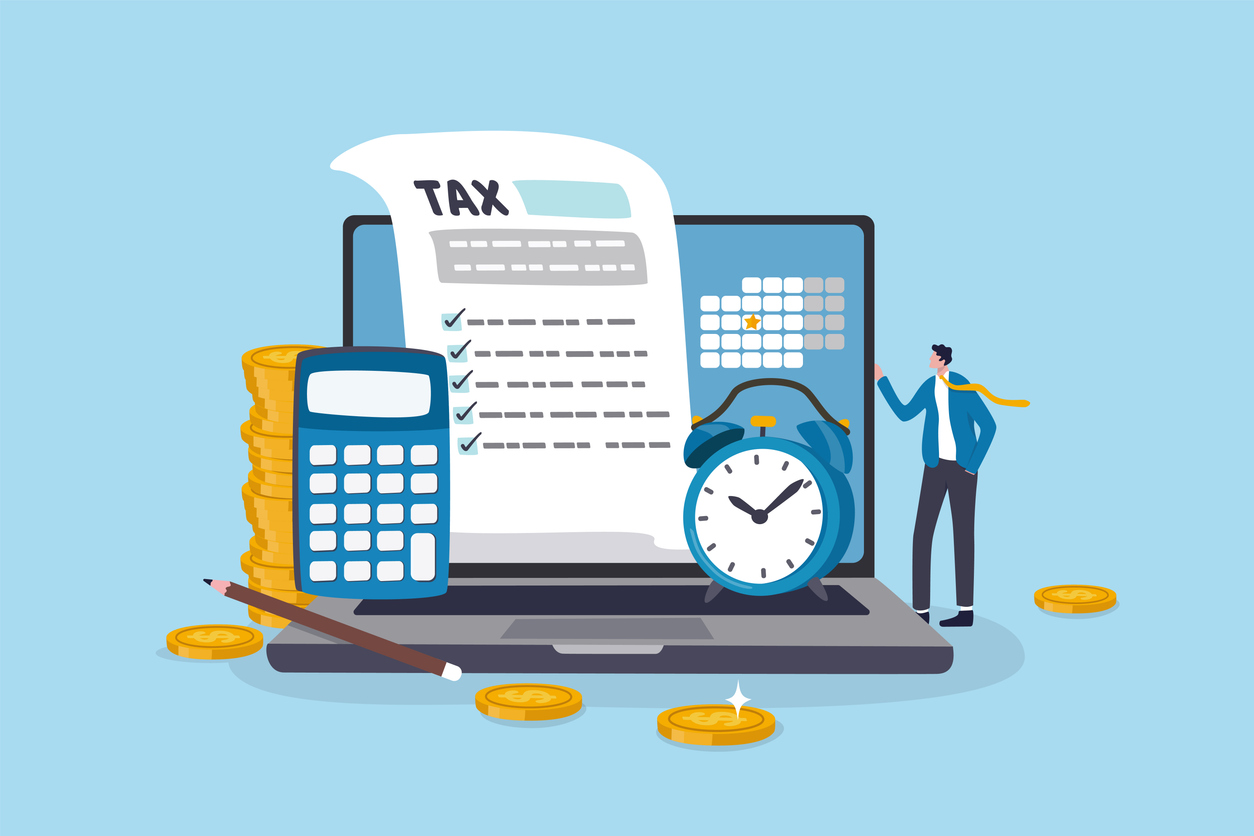How to Buy and Export Recreational Boats from Jamaica
How to Buy and Export Recreational Boats from Jamaica
With so many different types of recreational boats to choose from, it can be difficult to know where to begin. From fishing boats and yachts to sailboats and canoes—there are so many options that it can feel a little overwhelming. Not only that, but there are also various sub-categories within each type of boat, which means there is also a lot of variety when it comes to the features you need. To help you narrow down your options, this article will introduce you to the 6 most common recreational boats and how to buy them from Jamaica.
Runabouts
Runabouts are some of the most common types of recreational boats. They are generally smaller boats that are designed for day trips or casual fishing. Although they are great for casual boating, they are not designed for extended periods of time on the water. The term “runabout” can be used to describe a number of different boats, including runabouts, cabin cruisers, and day cruisers. Runabouts are generally small boats that are designed to seat between two and six people. However, the size of the boat can vary dramatically depending on the model. Runabouts are typically less than 18 feet in length and are designed for day trips or casual fishing. If you are looking for a boat that is designed for extended periods of time on the water, a runabout may not be the best choice for you. Runabouts are usually powered by an outboard motor and usually do not have a cabin or storage below deck. They are great for short trips and are usually not designed for use in rough water conditions.
Yachts
Yachts are large boats that are designed for extended periods of time on the water. They are designed for long trips and are usually not used for casual boating. Yachts come in a variety of sizes and are designed with a specific purpose in mind. For instance, there are yachts that are designed for racing and others that are built for cruising and exploration. Yachts can be broken down into two main categories: sailboats and powerboats. Sailboats use wind power to move across the water. These boats use a large sail to catch the wind and propel themselves. Yachts that use power to move are generally referred to as powerboats. Powerboats are usually powered by a large outboard engine. Yachts that use either of these two types of propulsion are generally designed for extended periods of use and are not ideal for casual boating.
Sailboats
Sailboats are yachts that are designed for travel by sail. They are usually smaller yachts that can fit two to six people and are designed for cruising and exploration. Sailboats are usually powered by wind and don’t require an engine to move across the water. This makes them a great choice for waters where there is a lot of boat traffic or near shorelines that are not ideal for motorized boats. Sailboats are designed to be used in areas with a lot of wind. However, they are not designed to be used in areas with little or no wind. When there is no wind, a sailboat must be powered by an engine. Sailboats are not designed for this, and using an engine can damage the sails. In addition, using an engine on a sailboat can be very dangerous and is not recommended.
Canoes and Kayaks
Canoes and kayaks are small boats that are designed for use on calm waters. They are usually used for fishing and exploring near shorelines and are not designed for extended periods of time on the water. Unlike yachts, which are designed for travel between destinations, canoes and kayaks are usually used for short excursions. They are usually built for one or two people and don’t have the storage capacity to hold large amounts of gear or supplies. Like runabouts, canoes and kayaks are designed for calm water, and they are not designed to be used in rough or choppy waters.
Fishing Boats
Fishing boats are designed for extended periods of fishing on the water. They are usually between 14 and 25 feet in length and are usually powered by an outboard motor. However, there are also a lot of smaller fishing boats (around 9 feet in length) that are not powered by a motor and are designed for use in rivers, lakes, and ponds. These boats are very similar to canoes and kayaks in that they are small and not designed for use in open waters. Fishing boats are designed with ample storage space below deck, which is great for storing your fishing supplies. Like yachts, there are a variety of different types of fishing boats designed for different purposes. They are usually categorized by their speed, storage capacity, and the type of fish that they are designed for.
Conclusion
Overall, recreational boats are great for casual boating, exploring, fishing, and other similar activities. They are usually smaller boats that are designed for use in calm water conditions. They are not designed for use in rough waters and should not be used in areas with a lot of boat traffic. Before you begin shopping for recreational boats, you should first decide what your needs are and what features you are looking for in a boat. This will make the shopping process much easier and help you narrow down your options.








LEAVE A COMMENT
You must be logged in to post a comment.